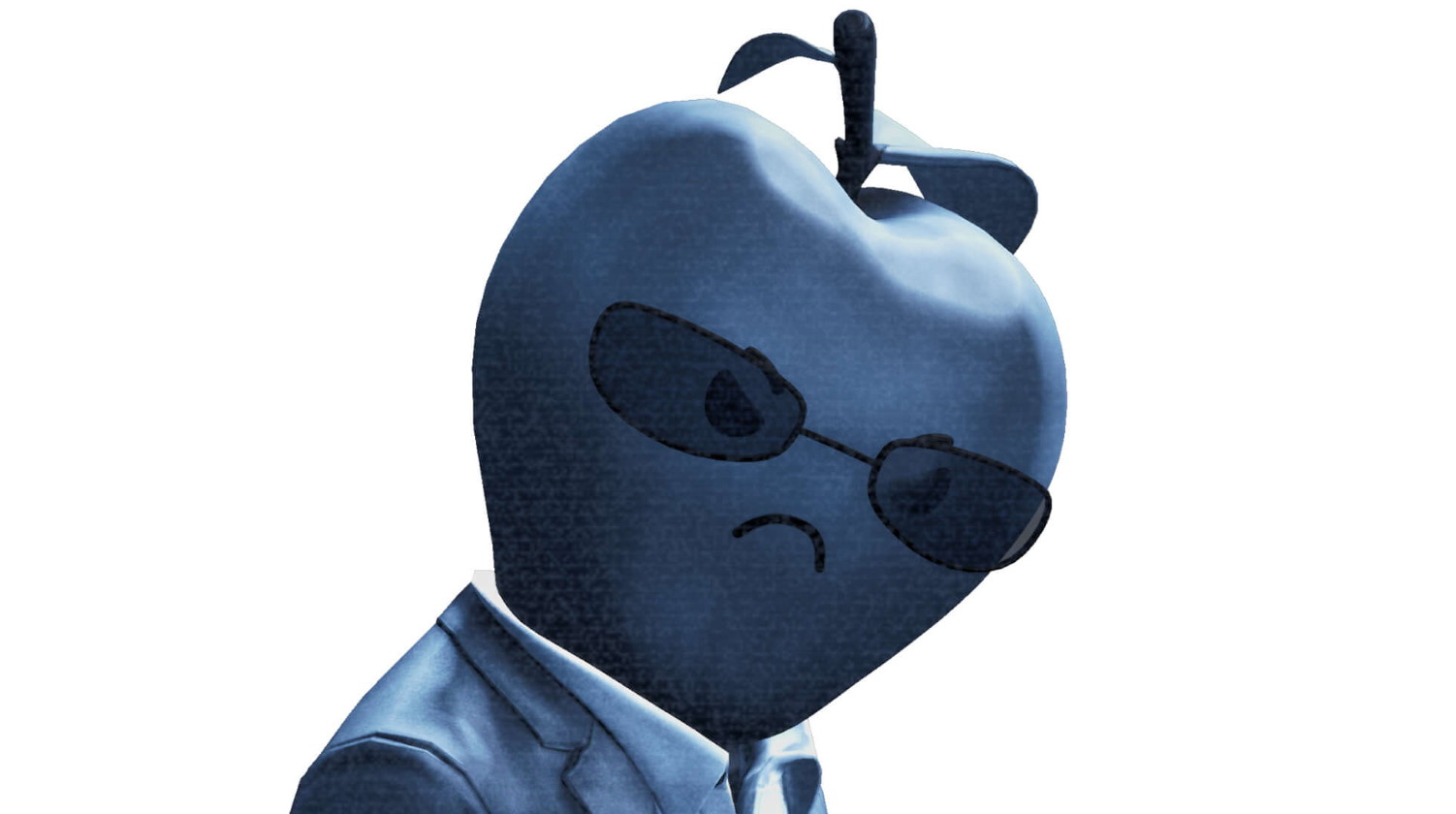Apple blacklists Epic, won't allow Fortnite back on the App Store
A court ruled earlier this month that Apple doesn't have to restore Epic's developer account if it doesn't want to.

A ruling earlier this month in the Epic v Apple case initially looked to be very positive for Epic: It scored an important victory in its lawsuit against Apple when the court declared that Apple cannot prevent app developers from linking to external purchase and payment systems, which is a very big deal. Most of the ruling actually went Apple's way, though, including that Apple does not have a monopoly on mobile games, that it has a right to collect fees on in-app purchases, and—this is the big one—a declaration that the contract between Epic and Apple was valid and enforceable—and that Epic knowingly broke it.
Epic appealed the ruling, naturally, but it also signalled that it was ready to start mending fences. In a letter to Apple executive Phil Schiller, Epic CEO Tim Sweeney said that the developer has paid $6 million to Apple as ordered by the court, disabled Epic payments server-side, and promised to "adhere to Apple's guidelines whenever and wherever we release products on Apple platforms."
In return, Epic asked Apple to restore its developer account, which was suspended last year, so it could restore Fortnite to Mac and bring the iOS version back into its Unreal Engine development and testing processes.
Apple said no.
Late last night, Apple informed Epic that Fortnite will be blacklisted from the Apple ecosystem until the exhaustion of all court appeals, which could be as long as a 5-year process. pic.twitter.com/QCD7wogJefSeptember 22, 2021
"Epic committed an intentional breach of contract, and breach of trust, by concealing code from Apple and making related misrepresentations and omissions," Apple's legal rep replied. "In its decision, the court recognized that 'Apple had contractual rights to act as it did. It merely enforced those rights as [Epic's] own internal documents show Epic Games expected. The court further found that 'Apple's termination of the [Developer Program License Agreement] and the related agreements between Epic Games and Apple was valid, lawful, and enforceable. Following that decision, Mr. Sweeney has publicly said that Epic '[w]ouldn't trade [an alternative payment system] away to get Fortnite back on iOS'.
"In light of this and other statements since the court's decision, coupled with Epic's duplicitous conduct in the past, Apple has exercised its discretion not to reinstate Epic's developer program account at this time. Furthermore, Apple will not consider any further requests for reinstatement until the district court's judgment becomes final and nonappealable."
This of course did not go over well. In a series of tweets compiled at epicgames.com, Sweeney described Apple's decision as "another extraordinary anticompetitive move," and "a loss for fair competition and consumer choice." He also accused Apple of lying about its willingness to allow Fortnite back onto the App Store if Epic agreed to play by its rules, and said that the quote cited in Apple's response is "fabricated": Apple paraphrased a tweet in which Sweeney said, "Thinking much more about whether we're going to live in a world where two platform megacorps dictate software and world commerce to everyone or whether the digital world and the future metaverse will be a free world. Wouldn't trade that away to get Fortnite back on iOS."
Keep up to date with the most important stories and the best deals, as picked by the PC Gamer team.
It’s also a loss for fair competition and consumer choice. The loss of Fortnite as an iOS metaverse competitor alongside Roblox and PUBG Mobile has significant implications for the evolution of the new medium of our era.September 22, 2021
"Fortnite should not be blacklisted for challenging an agreement containing terms the court found to be unlawful which Apple forces on all developers as terms of access to iOS," Sweeney tweeted. "We’ll fight on. The need for regulatory and legislative action is clearer than ever before."
Fair or not, Apple does seem to have the legal authority to keep Epic locked out: The September 10 ruling, available in full via NPR, states clearly that "Apple's termination of the DPLA and the related agreements between Epic Games and Apple was valid, lawful, and enforceable," and that it can cancel such agreements with Epic and its subsidiaries and affiliates "at any time and at Apple's sole discretion."
Sweeney warned on Twitter that the process of exhausting all appeals in the case could take as long as five years. Epic declined to comment further.

Andy has been gaming on PCs from the very beginning, starting as a youngster with text adventures and primitive action games on a cassette-based TRS80. From there he graduated to the glory days of Sierra Online adventures and Microprose sims, ran a local BBS, learned how to build PCs, and developed a longstanding love of RPGs, immersive sims, and shooters. He began writing videogame news in 2007 for The Escapist and somehow managed to avoid getting fired until 2014, when he joined the storied ranks of PC Gamer. He covers all aspects of the industry, from new game announcements and patch notes to legal disputes, Twitch beefs, esports, and Henry Cavill. Lots of Henry Cavill.

